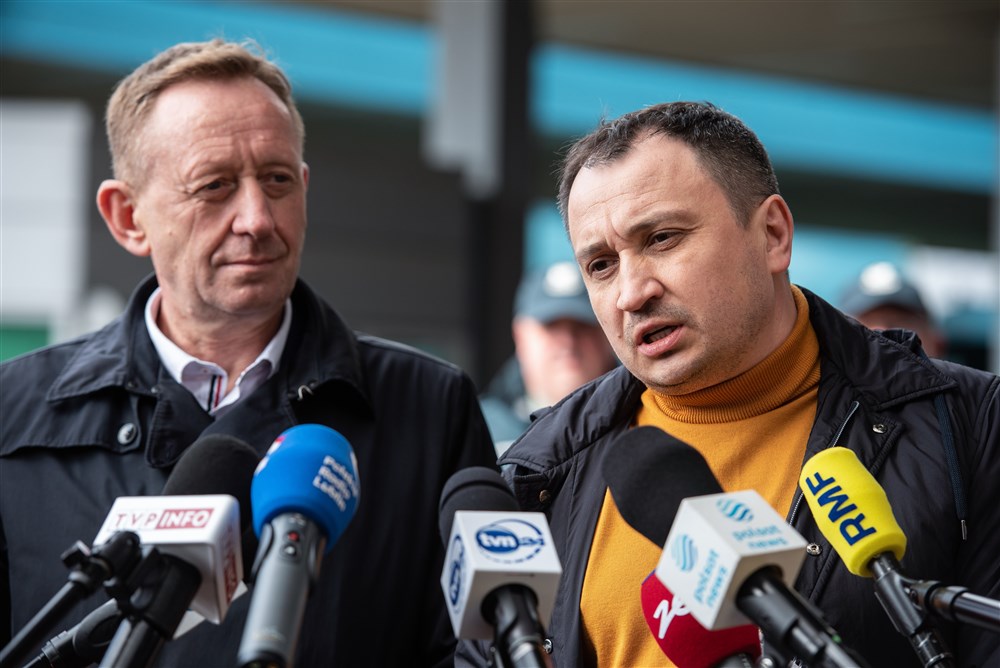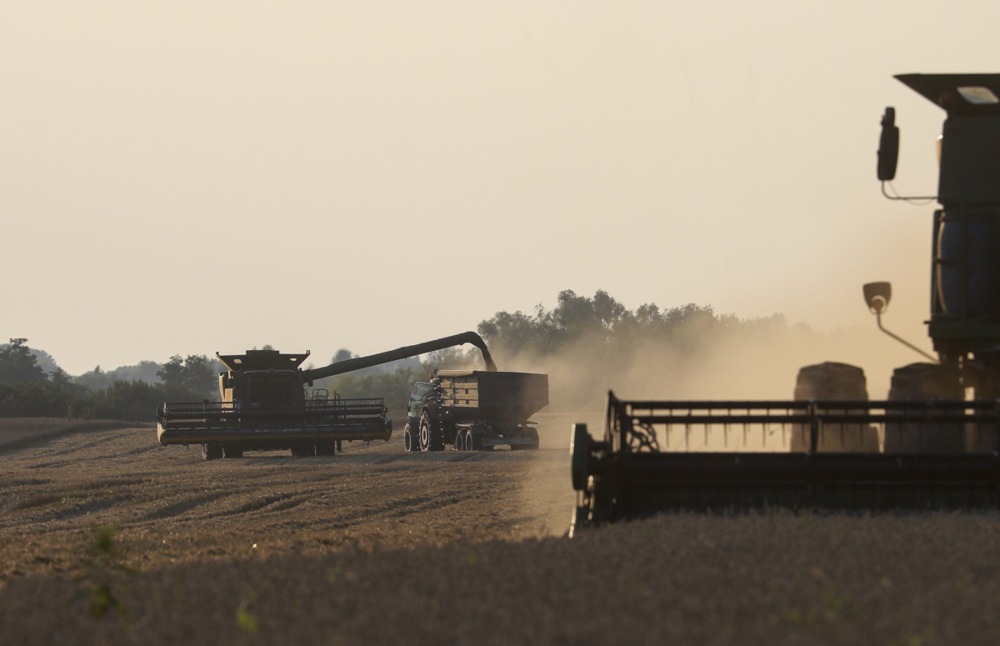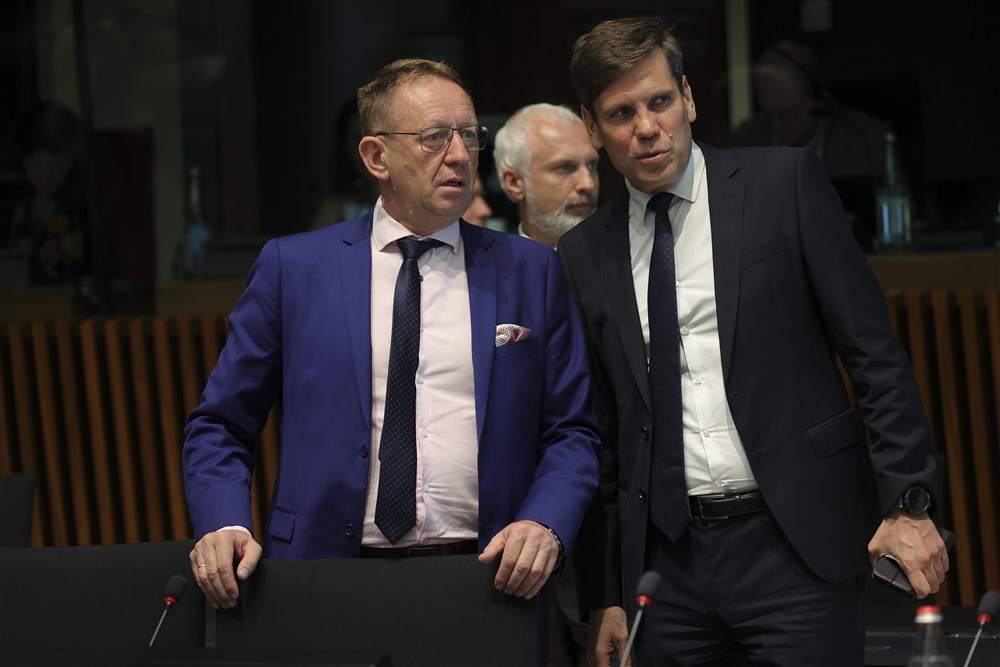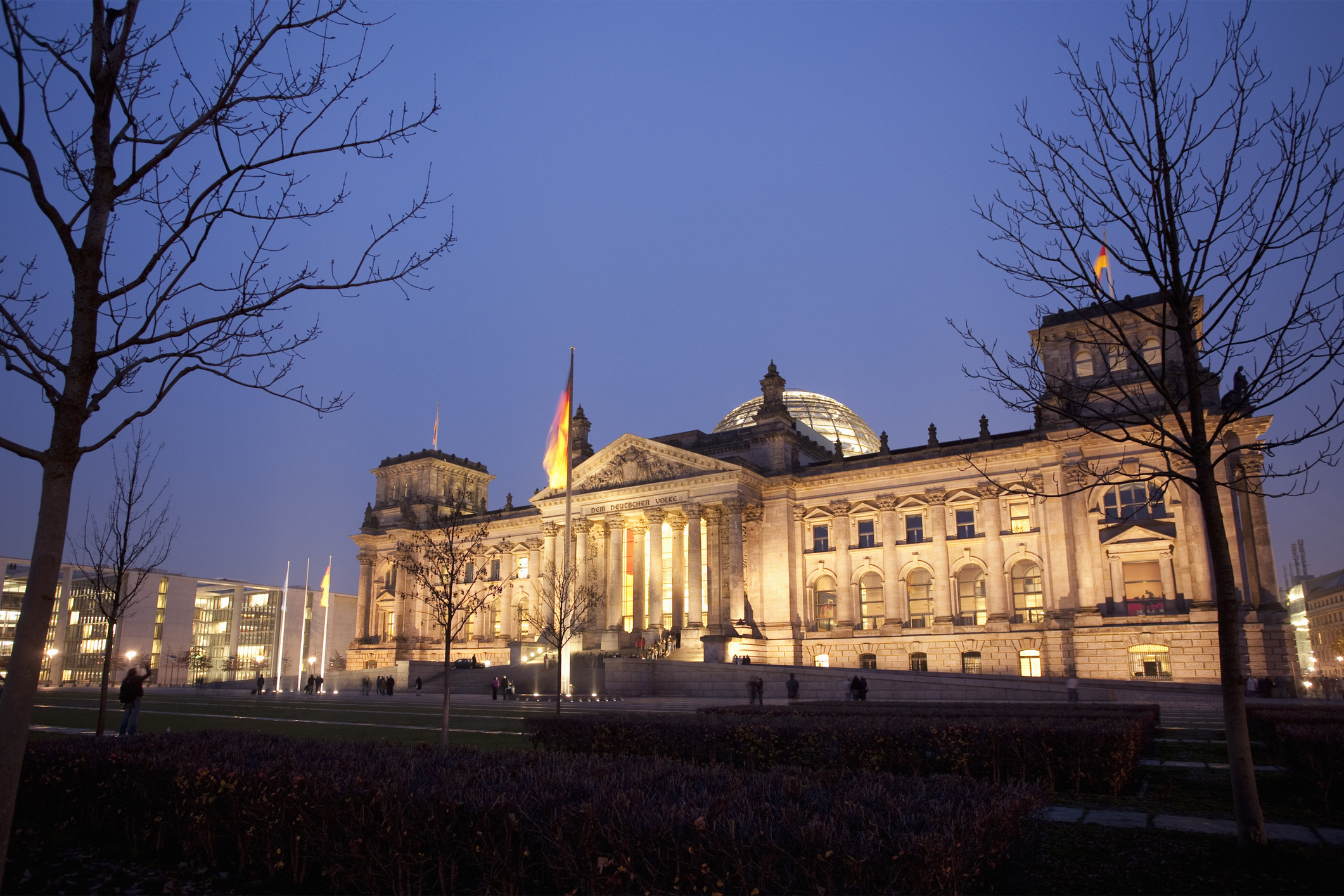France and Germany have publicly voiced their opposition to Poland and four other neighbours of Ukraine being allowed to continue a grain embargo on the embattled country until the end of the year.
The pair say the European Commission should insist that the grain embargo must be lifted on September 15, which is one month before Poland’s scheduled general election.
The EC has allowed five European Union states to ban imports of Ukrainian grain into their domestic markets as long as transit was allowed to EU countries that wanted to buy it.
The EC extended the embargo until September 15 but Poland, Hungary, Slovakia, Bulgaria and Romania are pressing for the ban to be extended until the end of this year.
Germany and France have made it clear they oppose any extension of the embargo.
The German agriculture minister Cem Özdemir said that the “breaching of treaties cannot go on forever”. He added that he understood Poland’s concerns and that the EU was ready to provide Poland with compensation, but Ukraine “should not be left to shoulder Poland’s electoral problems”, alluding to the Polish election due in October.
French minister of agriculture Marc Fesneau said there must be no “unilateral actions” by any Member State and that the decision must be taken by the whole of the EU.
His remarks were in response to Polish Prime Minister Mateusz Morawiecki’s threat that if the EC does not extend the embargo, Poland will defy it and stop Ukrainian grain imports anyway.
President Zelenskyy for his part said that “any extension” of the Eastern five’s grain ban of the was “absolutely unacceptable and frankly anti-European.”
At a recent meeting in Brussels with the five neighbouring states, Ukraine and the EC, Permanent Representative of Poland to the EU Andrzej Sadoś declared that the transit of Ukrainian produce was not blocked. He was referring to the increase in the movement of Ukrainian grain to third countries.
In June this year, 260,000 tons were transited through Poland, representing more than a twofold increase on March.
At the same meeting, Sadoś also drew attention to the fact that Poland has less than half of the farming land of Ukraine, and far more of it consists of small family farms. In Ukraine, individual farmers account for just over a quarter of farmed land, while large companies control almost three quarters of such land.
Sadoś argued that such an imbalance made fair competition between Ukrainian and European farmers problematic.
Polish agriculture minister Robert Telus attended a meeting of the EU Agriculture and Fisheries Council in Brussels on July 25 to present a joint position of the five EU “frontline” Member States seeking an extension of the grain ban. He claimed that the Baltic States supported the position and had offered the use of their ports to transport Ukrainian grain to destinations outside the EU.
Telus repeated that Poland had no alternative but to extend the embargo, even if that was in defiance of the EC, to avoid a situation in which Poland ran out of storage space in its own grain silos.
In the spring this year, Polish farmers’ protests over Ukrainian grain imports led to the resignation of Poland’s then-agriculture minister.
The farming sector is important for Poland’s ruling Conservatives and the government would not welcome any repeat of the protests ahead of the general election, observers say.
Germany and France, meanwhile, have voiced their preference for Poland to have the Liberal opposition leader Donald Tusk returned to power.





